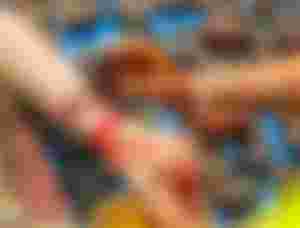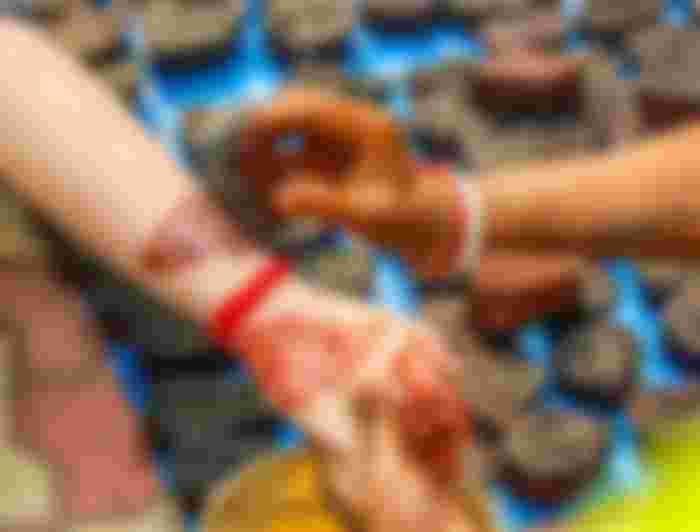
Henna is often used for hair, engraving, or for the body, but certainly not everyone knows its benefits.Henna is extracted from a small shrub known as henna shrub where the henna leaves are dried and then pureed. It is often cultivated.
Medical benefits of henna
Henna paste is used to treat headache caused by high temperature by applying it to the forehead.
Henna can be used to treat cracked feet and get rid of fungus.
The astringent and antiseptic elements in henna help to cleanse the scalp from parasites, microbes and secretions
Excess fat.
Helps get rid of dandruff.
Dressing tumors with henna paste helps treat tumors and sores.
Uses of henna
The henna paste can be used to decorate fingers, feet and hair.
Henna flowers can be used to make perfumes.
The rinse will contribute
Boiled veins of henna in strengthening teeth.
Henna paste can be used with vinegar or lemon to enhance the dyeing process.
Henna is used to treat head diseases like headaches.
Henna is used to dye and color hair.
How is henna prepared and kneaded?
Prepare henna powder.
Henna powder is prepared by drying the leaves and branches of henna directly in the sun or in special dryers. After the leaves dry, Henna is well ground, so that the henna powder is then purified from impurities, and finally the henna powder is packed into bags of Jute to ensure ventilation.
Prepare henna paste.
Henna paste or paste is prepared by adding cold water to the henna powder to obtain a cohesive paste.
The almond substance — responsible for the dyeing process — is effective, the dough must be prepared in an acidic medium, so it is recommended to add vinegar or lemon into henna paste.
The Benefits of Henna
Reduce the head temperature and contribute to cleanse the hair from microbes, parasites and excess sebum secretions.
Reduce sweating.
Helps treat scalp infections as well as prevent dandruff.
Reduce sweating.
Restore hair vitality, radiance and strength.
Nourish hair.
Helps to dye and color hair naturally without causing any side effects.
Applying henna paste on parasites that cause allergies between the toes or anywhere on the body helps to eliminate fungi.
The astringent elements in henna protect from cracking and stretching of the skin.
Boiled in the bark of the henna tree contributes to the treatment of amebic dysentery.
Date Fragrance Henna' can be extracted from henna flowers.
Boiled henna fruits are used in the treatment of menstrual problems and abdominal pain. It can also be used in the treatment of back pain.
Henna is used to treat wounds.
Helps reduce burns
It can be used in the embalming process because it contains antiseptic elements that help eliminate fungi.
Use to moisturize, cleanse the skin.
Helps to strengthen and lengthen hair and prevent hair loss.
Henna helps in treating eczema
Helps to disinfect and remove festering wounds and infections
